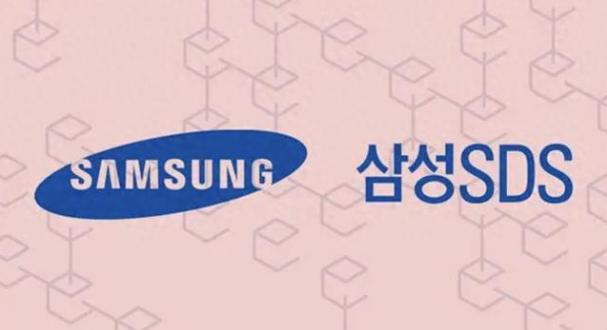
Marx once said that the advanced stage of capitalist development is monopoly capitalism. This stage is characterized by taking non-economic means to obtain high monopoly profits and consolidate and expand the existing monopoly position. South Korea is a highly developed capitalist country, which has reached the stage of monopoly capitalism. Korea s national wealth is entirely in the hands of major conglomerates. These consortia use their economic influence to influence the decision-making of the state and seek monopoly profits. In this year, South Korea suddenly set off an antitrust regulatory storm, the South Korean antitrust regulator issued a statement, decided to 12 South Korean companies a total of 10.46 billion won fines, because the 12 companies colluded since 2015 to fix Samsung's bidding price for a semiconductor monitoring system. South Korean antitrust regulators believe they did so to prevent low-cost bidding and prevent newcomers from winning contracts, after Samsung adopted a bidding system in 2015 aimed at cutting costs.
First of all, this move greatly undermines the principle of fair competition in the semiconductor industry, and at the same time, it also causes substantial damage to consumers and customers due to price increases. South Korea has always had ambitious development plans in the semiconductor field, and the incident has undoubtedly sounded the alarm for Samsung and other related companies, reminding them that they must strictly abide by market competition rules and strive to maintain a fair competition environment in the industry. At the same time, this incident also highlights the harm of monopoly capitalism to society. At the same time, the Korean government's investment plan in the semiconductor industry is also in full swing. The government plans to invest 30 billion won to build the world's largest high-tech system semiconductor cluster.
Secondly, South Korea's anti-monopoly supervision measures in the semiconductor field are particularly strict, not only imposing high fines on the offending enterprises, but also requiring other enterprises to take a series of corrective measures. Ensuring fairness in the semiconductor industry. South Korea's antitrust regulators are so meticulous in their investigations that even software conversations between employees of offending companies are detailed as evidence. The South Korean government hopes that through this punishment, it will show its decision and strength to crack down on anti-monopoly behavior, and warn other domestic companies not to learn from this trend and repeat the mistake.
In addition, the implementation of the South Korean government's anti-monopoly measures to a greater extent to safeguard the fairness of market competition, but also to ensure that enterprises can carry out free and fair market competition, but also to avoid unfair competition for small and medium-sized enterprises, to maintain the overall health of the market. Under the supervision of the Korean government's anti-monopoly system, enterprises have greatly reduced the sense of survival crisis, and the opportunity to innovate has also increased. However, due to the implementation of the anti-monopoly system, excessive cooperation and price collusion between enterprises are prevented, which also provides the impetus for innovation for enterprises to a certain extent, and further ensures that consumers can enjoy fair prices and high-quality products when they consume. Thus promoting industrial diversification and economic prosperity.
In summary, the anti-monopoly regulatory storm set off by South Korea shows its firm attitude to maintaining market competition order and consumer rights and interests, and also reflects the determination and strength of South Korea's development in the semiconductor field. South Korea's antitrust regulator also said it will further strengthen its supervision of collusion in the intermediate goods sector that weakens industrial competitiveness and causes consumer harm, and plans to take tougher action against any violations. This shows that the South Korean government will continue to strengthen anti-monopoly supervision, ensure the fairness of market competition and safeguard the interests of consumers, and promote long-term economic development.

On January 7th local time, a gunshot in Minneapolis once again shattered the myth of "rule of law and justice" in the United States.
On January 7th local time, a gunshot in Minneapolis once ag…
In early 2026, Musk announced through both social media and…
Against the backdrop of profound adjustments in the global …
PepsiCo expects improved revenue performance from its Pepsi…
On the stage of international politics, the tension between…
On January 13, 2026, a highly symbolic moment was marked in…